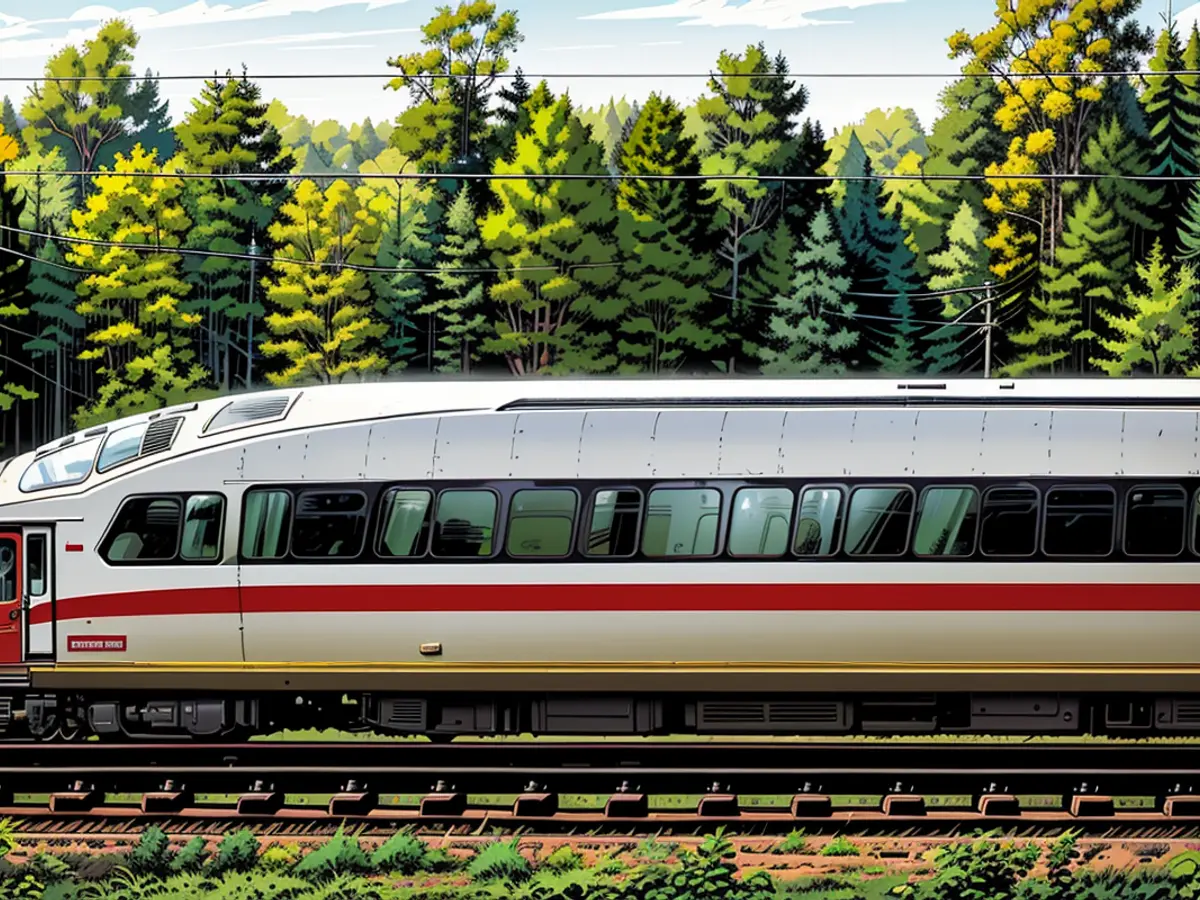- The railway subsidiary intends to boost railway tolls by 19%.
InfraGo, the rail network overseer, plans to significantly hike up "track usage fees" starting from 2026. This move is expected to primarily impact regional transport, with InfraGo seeking a 23.5% boost from the Federal Network Agency. As per details released by InfraGo last Monday evening, the average raise is projected at 19.1% from 2026. Long-distance travel could witness a 10.1% rise, while freight transport might see a 14.8% hike.
Federal Network Agency to consider the hike proposal
InfraGo's proposed track usage fees require approval from the Federal Network Agency. According to the latest updates, the approval process commences in October. InfraGo suspects that the legal cap on track usage fees for local and regional transport, which was previously in place, will no longer apply after this approval process. A legal battle concerning this issue is currently underway.
InfraGo collects track usage fees, which function like tolls. All businesses utilizing railway infrastructure are liable to pay this fee, including InfraGo's own transport companies. Funds collected from these fees are utilized for maintaining the rail network, financing operating costs, and making investment contributions towards the network's expansion, spanning over 33,000 kilometers in Germany.
Federal government's equity capital increase inflates track usage fees
InfraGo also uses the track usage fees to cover the interest on the federal government's equity capital. To finance significant upcoming rail network investments valued at several billions of euros, the federal government decided during recent budget negotiations to augment the equity capital by approximately 21 billion euros. This increase in equity capital leads to a heightened interest burden, thereby causing the elevated track usage fees, according to InfraGo.
"We face a risk of reduced rail usage for a higher price tag," expressed Sarah Stark, the managing director of the Rail Industry Association. "Planning assurance for electrification and digitalization is diminishing, instead of growing."
InfraGo, however, mentions ongoing discussions with the federal government concerning a suggested solution for the track usage fee issue.
The Federal Network Agency, responsible for overseeing the railway sector, will consider InfraGo's proposal to increase track usage fees starting from SZ (2026). If approved, the legal cap on track usage fees for local and regional transport in SZ could be removed.








